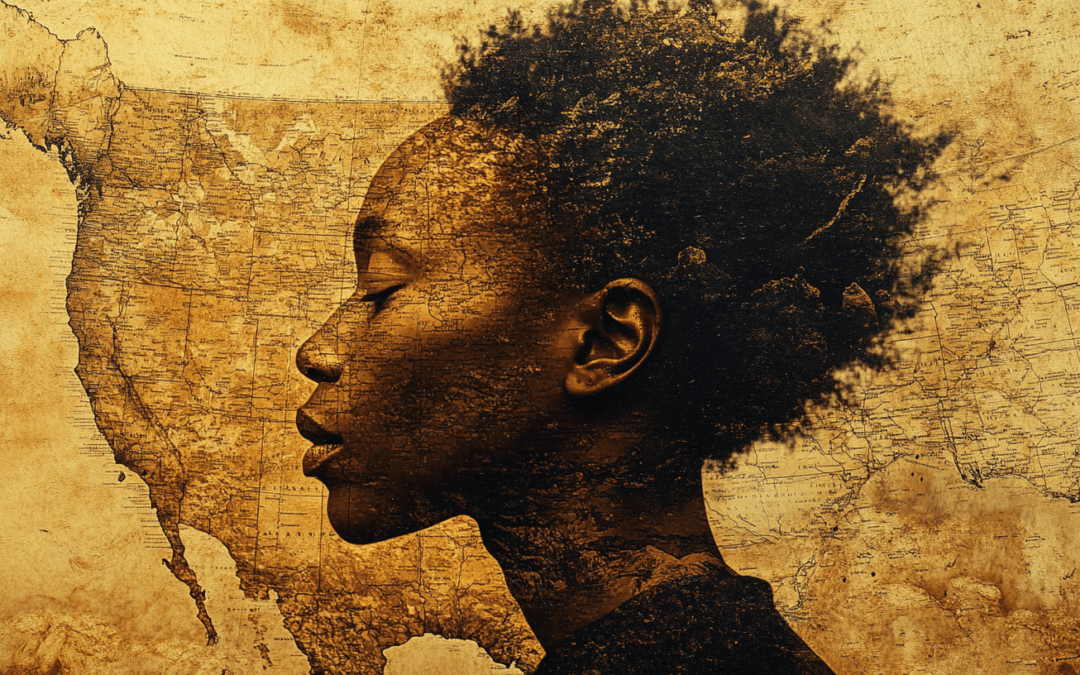I’m doing something a little different. Instead of just talking about the struggles of enslaved Black Americans, I want to shine a light on something that often gets overlooked: their intellectual contributions. Yes, enslaved people were forced to do backbreaking manual labor, but they also brought incredible ideas, innovations, and knowledge that helped build North America into what it is today. And guess what? These contributions were worth trillions of dollars—yes, trillions!
Let me break it down for you.
The Hidden Genius of Enslaved Black Americans
When we think about slavery, we often focus on the physical labor—picking cotton, building railroads, or working on plantations. But enslaved people were also inventors, engineers, doctors, and agricultural experts. They brought knowledge from Africa and created new solutions to problems here. For example:
– They introduced advanced farming techniques, like crop rotation, that made agriculture more productive.
– They shared medical knowledge, like how to prevent smallpox, which saved countless lives.
– They designed and built critical infrastructure, like bridges and tools, that helped grow the economy.
These contributions weren’t just helpful—they were revolutionary. And yet, because of racism and exploitation, their ideas were stolen, and they were never paid or credited for their work.
The Dollar Value of Their Genius
Here’s where it gets really eye-opening. Economists and historians have tried to estimate how much enslaved Black Americans’ intellectual contributions were worth. When you add up all the innovations in agriculture, medicine, engineering, and more, the total value is estimated to be between **$6 trillion and $13 trillion** in today’s money. That’s more than the entire economy of some countries!
But wait—there’s more. Enslaved people’s manual labor was also worth a staggering amount, estimated at $14 trillion to $20 trillion. Together, their intellectual and physical labor built the foundation of North America’s wealth.
Why This Matters
You might be wondering, “Why does this even matter today?” Well, here’s the thing:
1. Recognition: For centuries, the intellectual contributions of enslaved Black Americans were erased or ignored. By talking about them, we’re giving credit where it’s long overdue.
2. Reparations: Understanding the true value of their work shows how much was stolen—not just in labor, but in ideas. This is a big part of the conversation about reparations today.
3. Inspiration: These stories remind us that Black history isn’t just about pain and struggle. It’s also about brilliance, creativity, and resilience
What You Can Do
As we celebrate Black History Month, I encourage you to delve deeper into these untold stories. Share them with your friends and family. Let’s talk about how enslaved Black Americans didn’t just build North America with their hands—they built it with their minds, too. I challenge you to imagine the countless intellectual contributions they made that we’ll never know about. Consider the innovations that went unrecorded, the ideas that were unacknowledged, and the knowledge that was appropriated. By reflecting on this, we can deepen our appreciation for their profound impact and honor their legacy in shaping our nation.
Let’s honor their genius and make sure their contributions are never forgotten.
Sources:
– The Half Has Never Been Told by Edward Baptist
– Accounting for Slavery by Caitlin Rosenthal
– Research from the National Museum of African American History & Culture
– Beckert, Sven. Empire of Cotton: A Global History. Vintage, 2015.
– Ransom, Roger L. The Economics of the Civil War. EH.Net Encyclopedia, 2010.
– Williams, Eric. Capitalism and Slavery. UNC Press, 1994.
– Historical Statistics of the United States. University of Cambridge, 2006.
Let’s make this Black History Month one to remember!
Amen. Ameen. Ashé. Aho. And so it is. And so it shall be, forever and ever and ever.

